Homeopathy Tips Newsletter
Astrology and Homeopathy
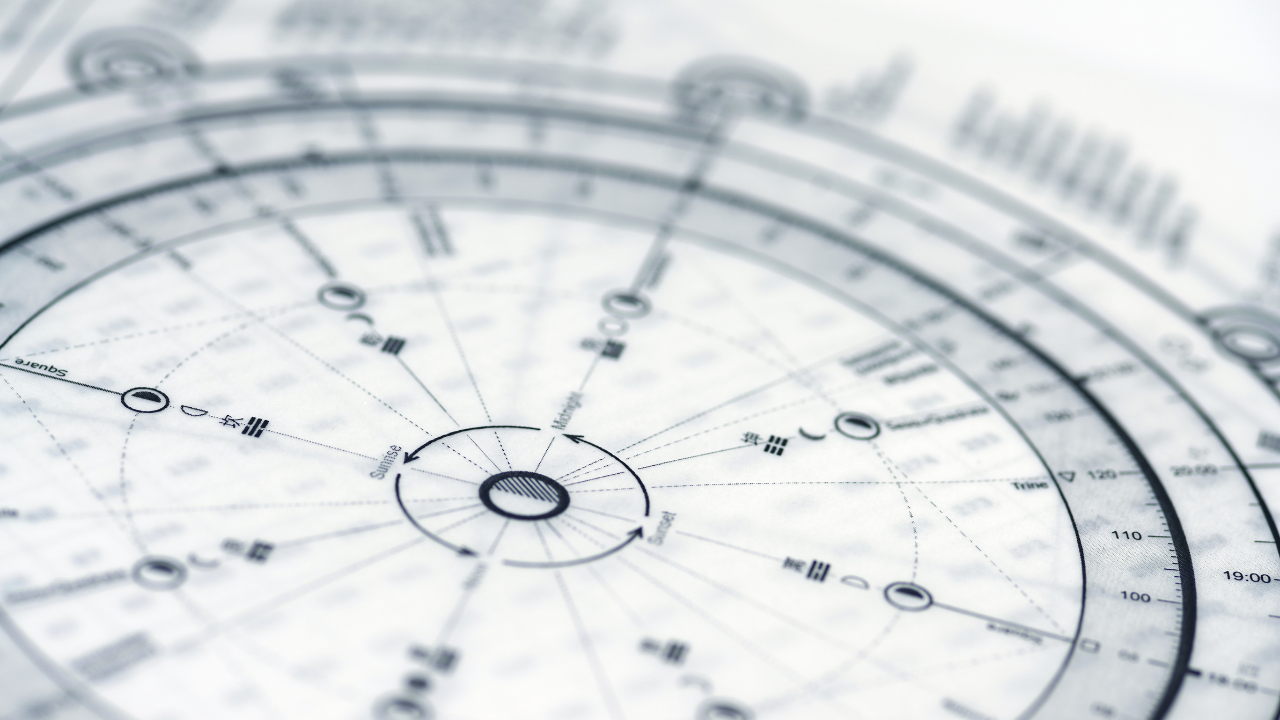
I recently had a question from a client that made me think a bit. He asked, "Which is more powerful; astrological influences or homeopathy?" After some contemplation, I answered homeopathy. But this question inspired me to investigate the Spagyric remedies and some information I have on astrological homeopathy. (Keep in mind that I have simply investigated this subject and am not an astrological homeopath. I am a classical homeopath who prescribes by Hahnemann's’ method of single remedies based on the law of similar.) And I have found some interesting stuff that I’d like to share.
Firstly, I have consulted with very good professional astrologers in my life and have been given very good information. I do not claim to understand how the astrologer was able to determine such accurate information regarding conditions in my life but I can safely say that the heavens are definitely influencing aspects of our lives. I do not live my life based on these observations but they have been highly ...
Understanding Miasms

Miasm is defined by Hahnemann as a noxious influence or the infectious principle, or virus, which when taken into the organism may set up a specific disease. I prefer to describe it as a predisposition to the expression of a particular disease either inherited, acquired, or acute.
Miasm is a particular study within homeopathy that can be vast and open to much discussion. Plenty has been written about miasms and even to this day, new miasms are being discovered and described.
Hahnemann recognized the mother of all Miasm as Psora. This was the original susceptibility to the itch from scabies. Prior to this was the healthy state of man when susceptibility was limited to only acute, self-resolving expressions of disease. But when Psora came, it opened the door to the first expressions of chronic disease. It was the first departure from the "Garden of Eden." Man became susceptible through great fear of a new and chronic nature. Great sensitivity, both to temperature and temperament, affec...
Remedies for Menstrual Difficulties
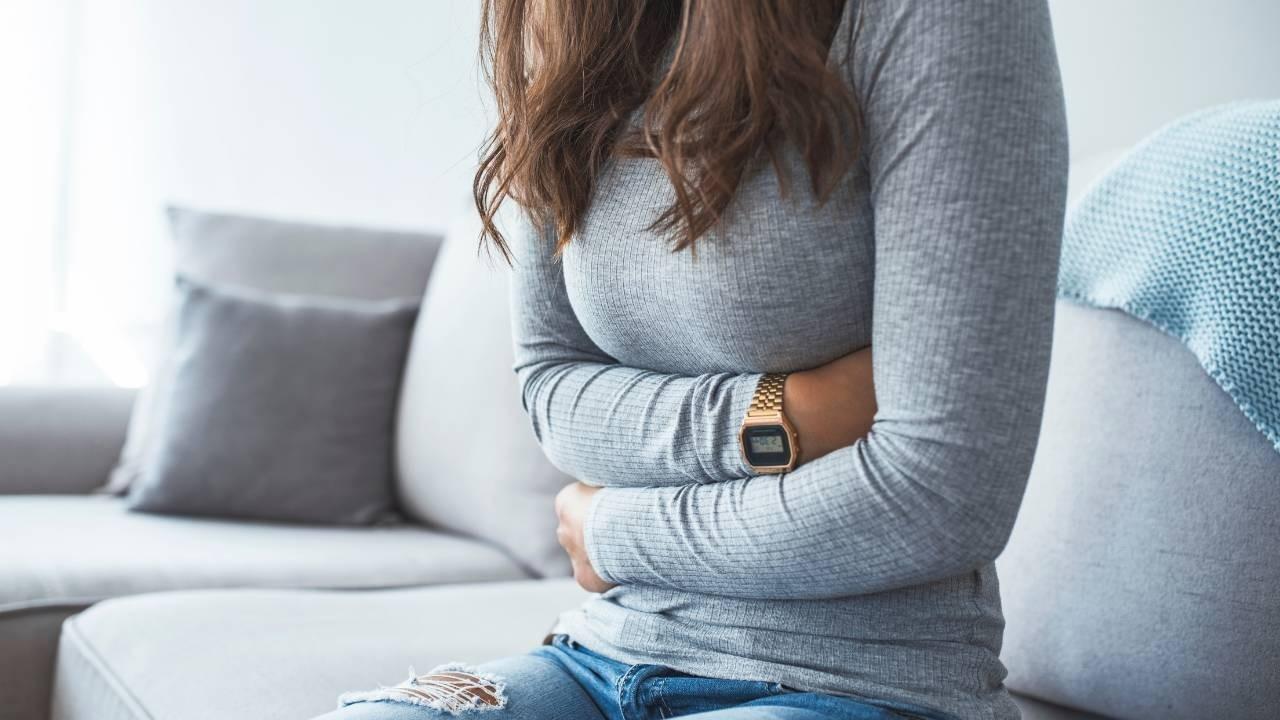
Complex interactions between hormones are responsible for the onset of menstruation in puberty. These interactions are also responsible for the rhythms and duration of the menstrual cycles during reproductive years and the end of menstruation at menopause. The hypothalamus gland is the start for hormonal control sending gonadotropin to the pituitary gland. The pituitary gland releases luteinizing hormones and follicle-stimulating hormones to the ovaries. The ovaries produce estrogen and progesterone which ultimately control menstruation.
Many things can influence the hormonal cycles. There are many chemicals in our environment now that mimic hormones in our bodies. They can be found in foods, plastics, insecticides, and a host of other things. Hormones are also influenced by emotions. How we respond to the challenges and successes in our lives directly affects our hormones. In this complex world we live in, it is not surprising that there are many difficulties with menstruation. I vie...
The Importance of Community
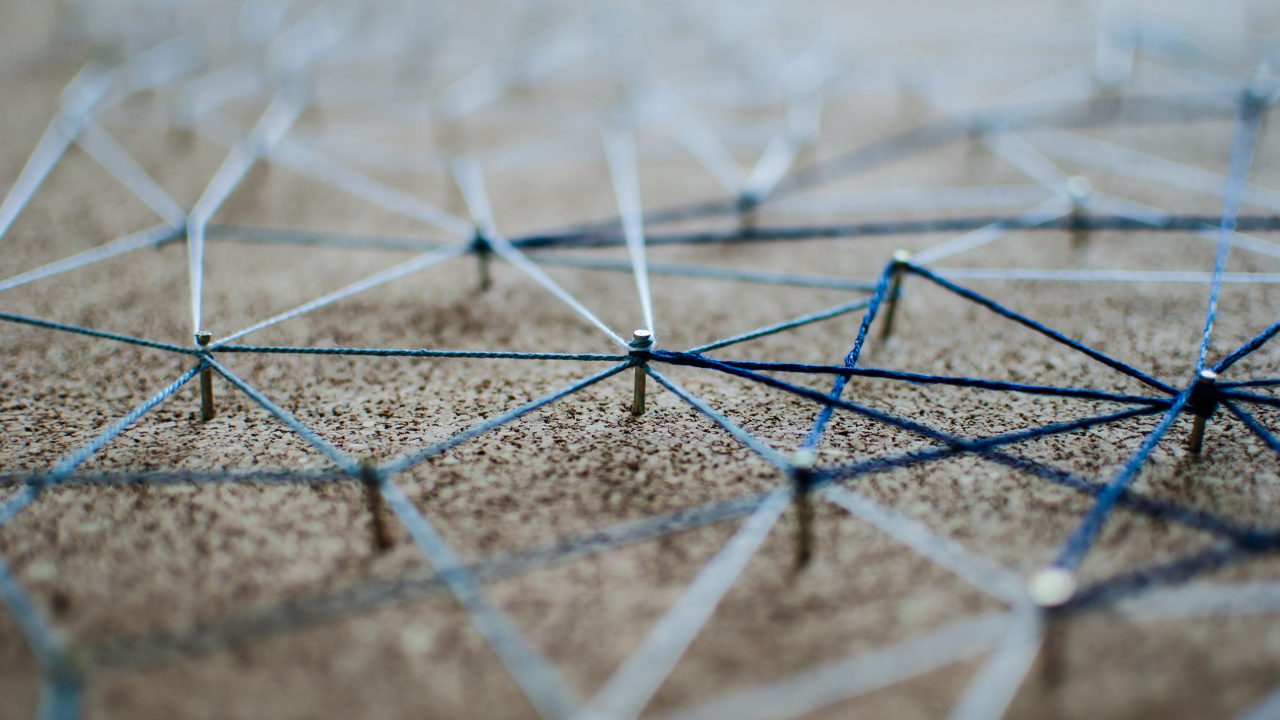
Every profession has groups that share with other professionals in their field. Thankfully, homeopathy does too. But I find that with as many subscribers as we have to this newsletter, few people actually leave a comment at the end. This surprises me. I know that the content and subject matter is chosen for you, but there are many ideas that could be shared. They are all welcome.
I very much appreciate the comments of thanks and gratitude that many of you leave. But I appreciate even more those of you who contribute to the dialogue and discussion. This newsletter is a forum of Resonance School of Homeopathy and is for the purpose of sharing information and creating community.
Homeopathy has a very long history of sharing. The early Repertories and Materia Medicas were not developed in a vacuum. There were study groups and society meetings that shared with each other. The speed with which this took was very slow compared to today’s ultra-fast internet. Not only was information shared ...
Homeopathy for Glaucoma
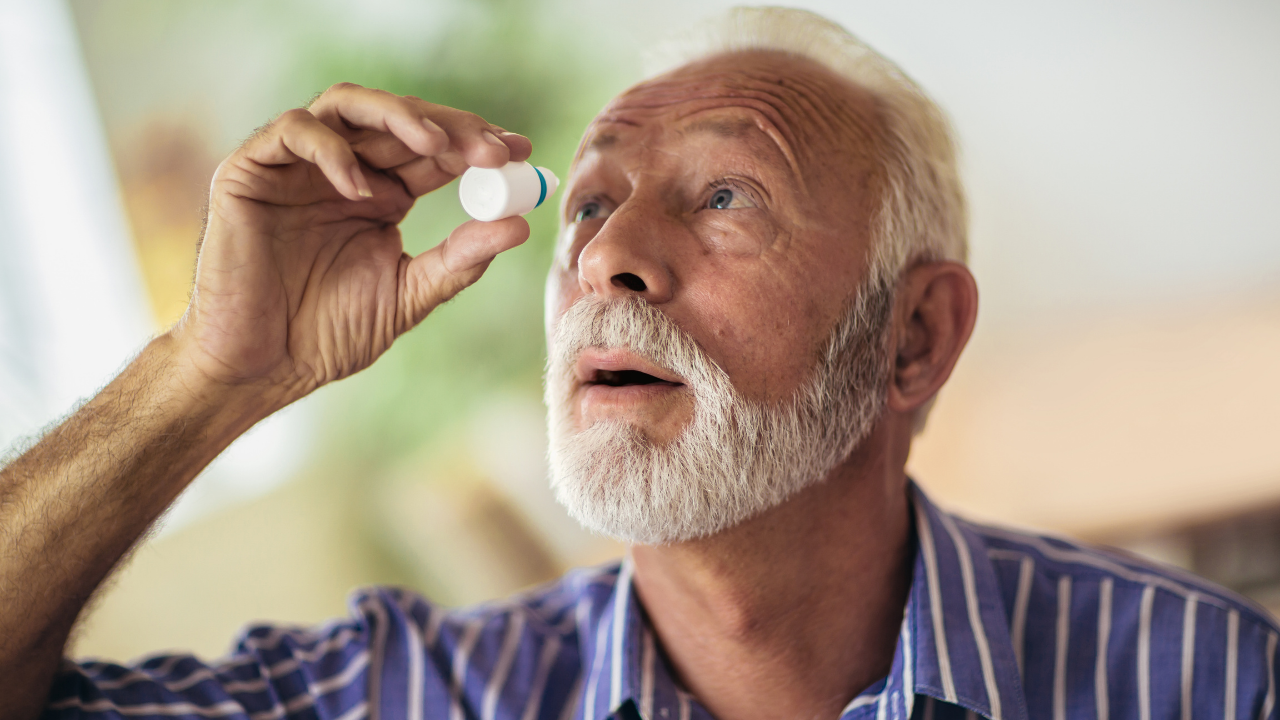
Glaucoma is optic nerve damage, often associated with increased ocular pressure that leads to progressive and irreversible loss of vision. Glaucoma is the third leading cause of blindness and effects around 14 million people worldwide. It happens when there is an imbalance in the production and drainage the of aqueous humor leading to an increased eye pressure.
Normally the aqueous humor, which nourishes the eye, is produced in the ciliary body behind the iris and flows to the front of the eye where it drains into canals between the iris and the cornea. When this process is working normally, the inflow equals the drainage and normal eye pressure is maintained.
In glaucoma, the canals that drain the fluid become clogged, blocked, or covered and the fluid increases pressure and effects the optic nerve in the back of the eye. When the optic nerve becomes damaged glaucoma is the result.
There are two types of glaucoma:
- Open-angle glaucoma – This is the most common type of glaucoma. ...
Treating Cats and Dogs

Animals respond well to homeopathy, just like humans. Those animals that we are custodians of, who live a life that is in close proximity to humans, seem to be a little easier to understand. Cats and dogs are the easiest animals to find remedies for, especially in western cultures. They can show emotions and temperament very similar to humans. With an observant owner and a little time, it is really quite easy to receive the cases of cats and dogs.
Cats and dogs show emotions and will reflect those of their owner. I believe that our domesticated animals who live with us are here to help us in our spiritual evolution. This benefits them in their spiritual evolution also. I find that our animals will hold our emotions and use them to further their spiritual evolution. They will take on our dis-eases and try to help us feel better. In doing so, many times they will express the dis-ease of their owners.
Receiving a cat or dog's case is not much different from receiving a human's case. I a...
The Single Remedy

One challenge for classical homeopaths is the new, modern homeopathic system that relies on combination remedies. There are many product lines with many different combination remedies for almost every ailment. I find many classically trained homeopaths tempted to use these products when single remedies fail. This is not the fault of the remedy, but of the prescription.
These combination remedies always have more indicated remedies for any condition and a fancy-sounding name to go with it. They come in multiple remedy combinations and multiple remedy potencies. This is a recipe for disaster when the vital force recognizes them. I have found many practitioners who claim to be homeopaths prescribing 3 to 5 of these combination remedies at the same time. This is like trying to listen to the flute when the entire orchestra is warming up. It is very confusing for the vital force.
I have had clients who have been treated this way in the past and claim that the remedies had helped. Upon furt...
Postoperative Care

Last week, we discussed how homeopathy can help with the trauma of surgery and the protocol to follow pre and post-surgery. This week, let's dive further into the remedies that may be useful after surgery and operations.
Recuperation and care after surgery are important. Common sense plays a big part in care. It is necessary to rest, get plenty of fluids, and have proper hygiene. But things can go wrong after surgery and healing can be delayed. It is then necessary to receive the case and give the best remedies for the situation.
Often, this is in a hospital setting and it may be necessary to work closely with the doctors or nurses who are treating the person. You must have a good understanding of homeopathy to explain the need for certain remedies. Sometimes the allopathic medical practitioners know nothing of homeopathy and will be very hesitant to approve a remedy when other drugs are being prescribed. It is necessary to be able to explain how homeopathy is not a drug and has no d...
Surgery Protocol
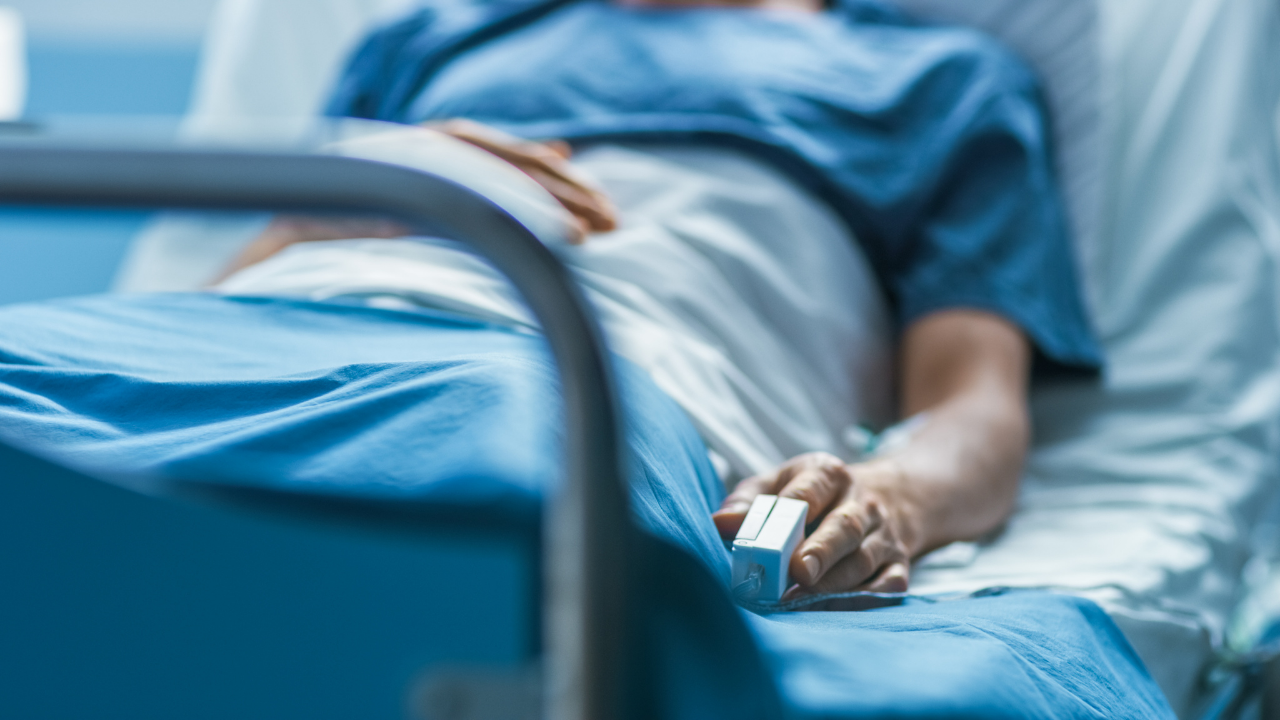
Homeopathy can be very good in helping others through the trauma of surgery. When we know that someone is going to have anesthesia and surgery, there are very good methods of preparing that person for the trauma they are about to experience. I have found that this protocol is very useful. It helps with excessive bleeding and recovery from anesthesia when applied correctly. I have used this protocol with many people and the usual response is, "My doctor said that he has never seen anyone recover so quickly."
This is one of the few times that I ever apply homeopathy with a more allopathic intent. Remember that we always prescribe a remedy based on the symptoms of the individual and never in a routine way. Let the person guide you to the remedy. But with surgery that is planned, it is a known event that the body will be experiencing trauma. By following the protocol recovery can be improved tremendously.
Arnica is one of the best remedies for any trauma. It also is a very good remedy fo...
Homeopathy and Machines

I often get questions about the machines used in homeopathy, more specifically, the electronic or computer instruments that are used to diagnose or treat patients with. There seems to be a bit of confusion if this is homeopathy or not.
In our modern world of homeopathy, we have many doctors who have been allopathically trained and want to do alternative medicine. Unfortunately for them, there are not many places in the USA that have an alternative medical board so they are not allowed to do anything outside of what is AMA approved. This really limits the doctor who is regulated by a state medical board that does not recognize alternative treatments.
In Nevada, we have a Homeopathic Medical Board that regulates homeopathy and alternative medicine. Many doctors come to Nevada to get licensed so they can legally use alternative treatments. Because the scope of practice is much greater than homeopathy and these doctors are allopathically trained, there are really no other true classical...

